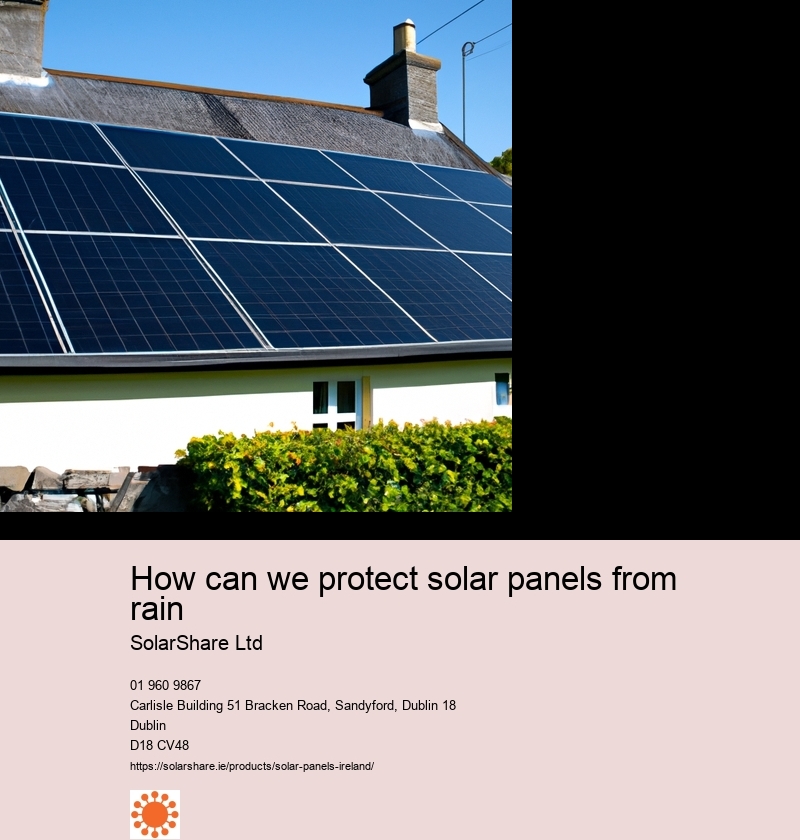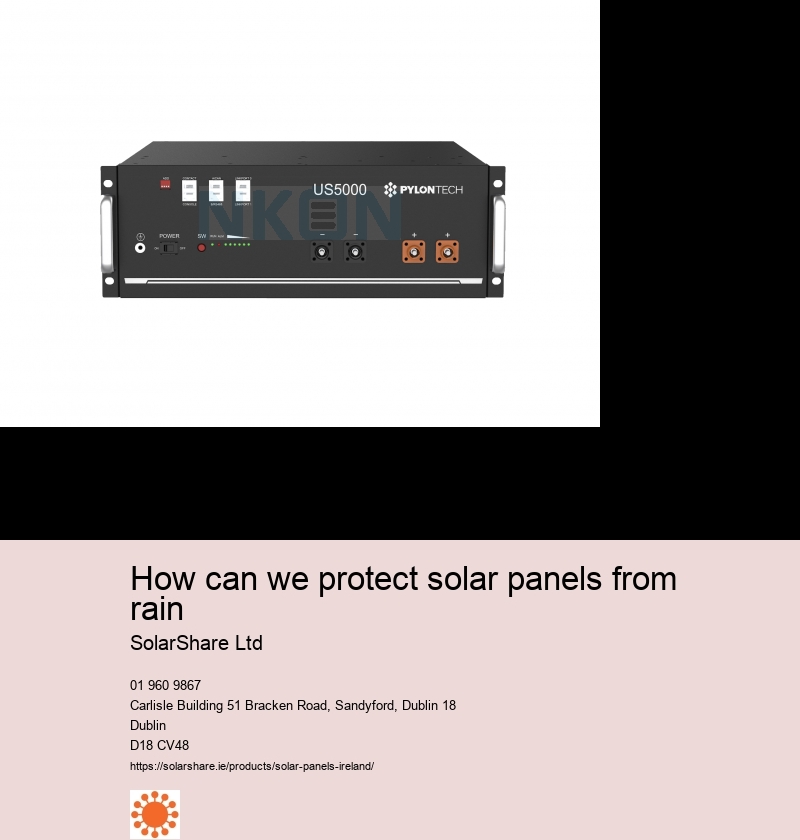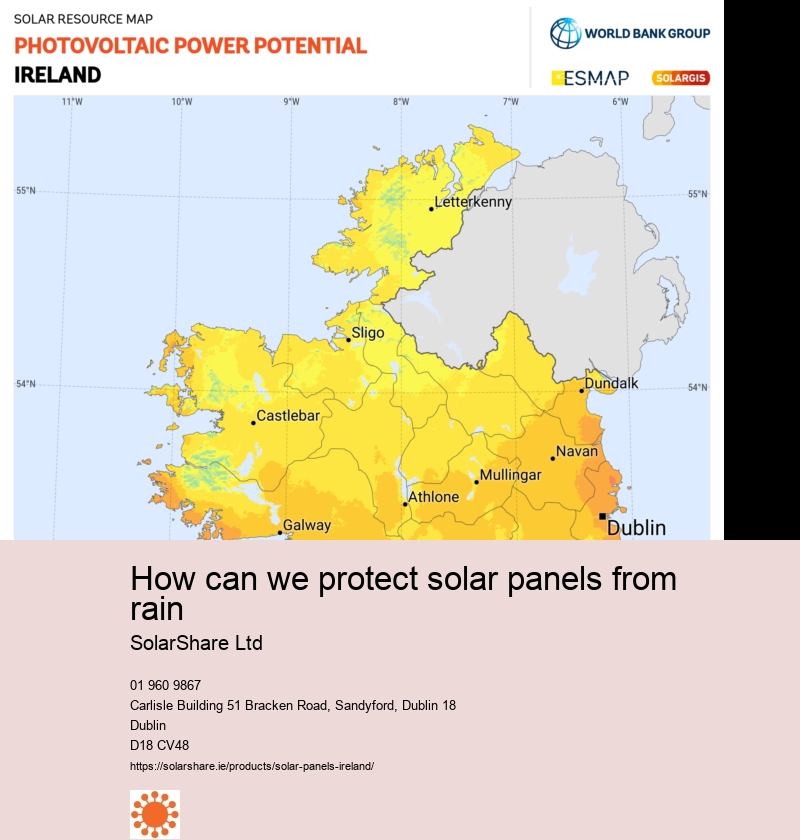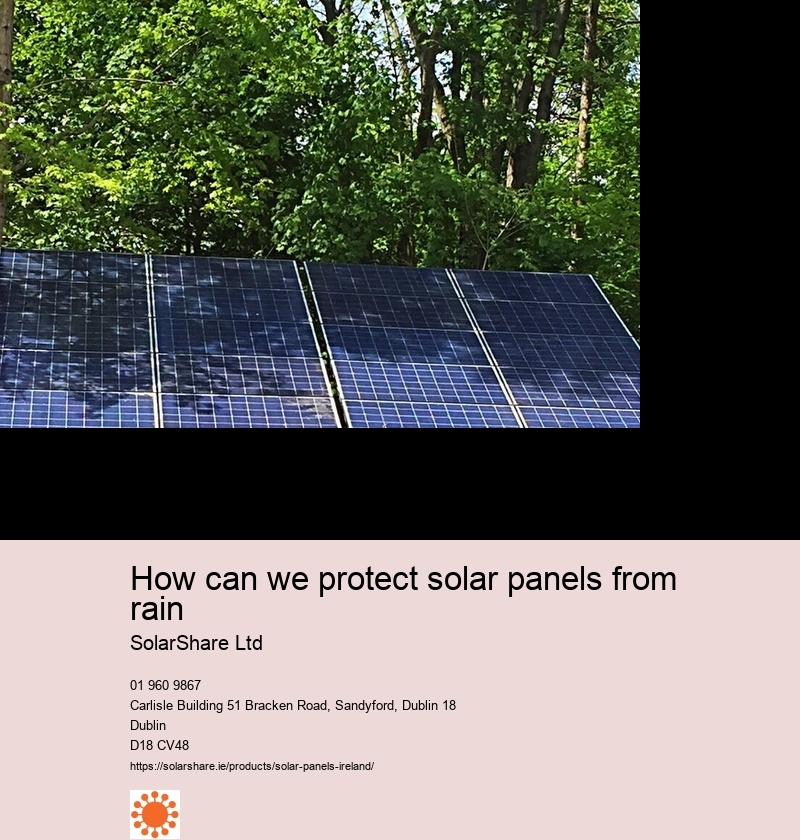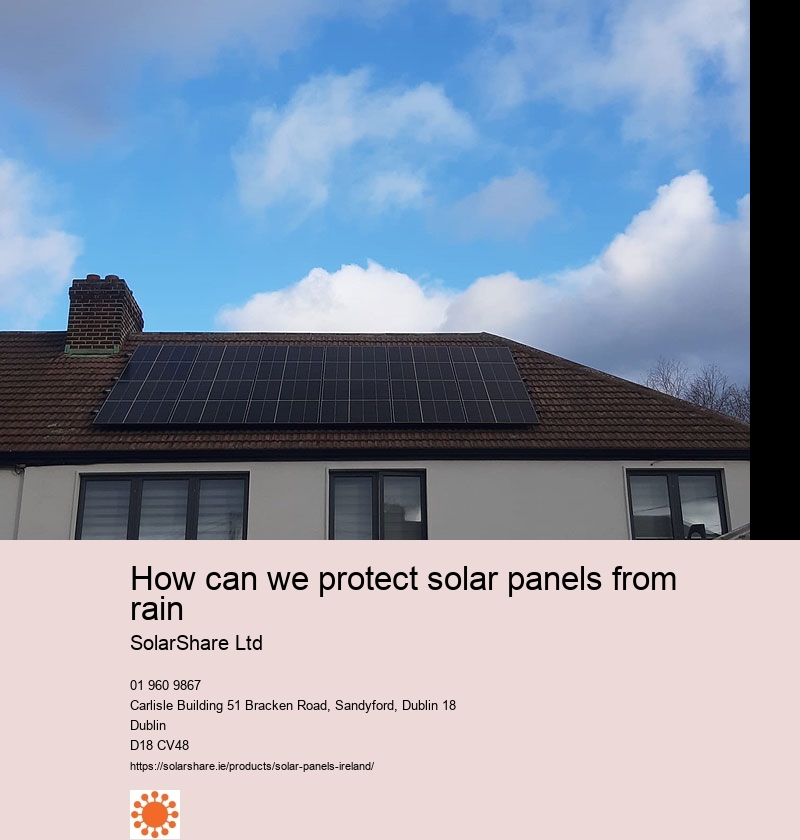How can we protect solar panels from rain
solar panels quebec
This is based on the estimated costs of installation, self consumption and annual solar production from a south-facing roof in Dublin City. Savings based on an average electricity rate (41c/kWh) and a microgen-eration rate (21c/kWh) that is exported. All prices are calculated at 0% starting 1st of May 2023.
As a result, costs are falling and there are more varied options available to Irish solar customers.
The eligibility requirements.
